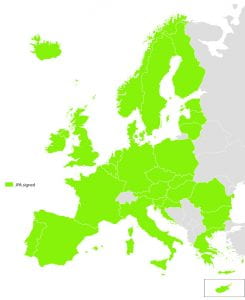Albert Sanchez-Graells, Professor of Economic Law, University of Bristol Law School
This blog post is based on the paper that was jointly awarded the Best Paper Prize Award 2024 by the Society of Legal Scholars. The paper will be published in Legal Studies in due course.(*)
Public procurement is concerned with the award of contracts for the supply, for pecuniary interest, of goods, services or works to the public sector. At its heart, public procurement governs the expenditure of public funds and, ultimately, should ensure that such expenditure is in the public interest. One could be forgiven for simplifying the goal of procurement to ensuring that public money is well spent, which could be further elaborated (following Schooner 2002) to encompass promoting integrity and value for money in the award of public contracts, and acting transparently to facilitate accountability. Even at this level of simplification, however, there is scope for contestation of e.g. what value for money entails (with a long-running debate on price/quality trade-offs), or whether it can or must (solely) be promoted through market-based competition (see e.g. Sanchez-Graells 2015, addressing the objections raised by Arrowsmith 2012 and Kunzlik 2013). (more…)










